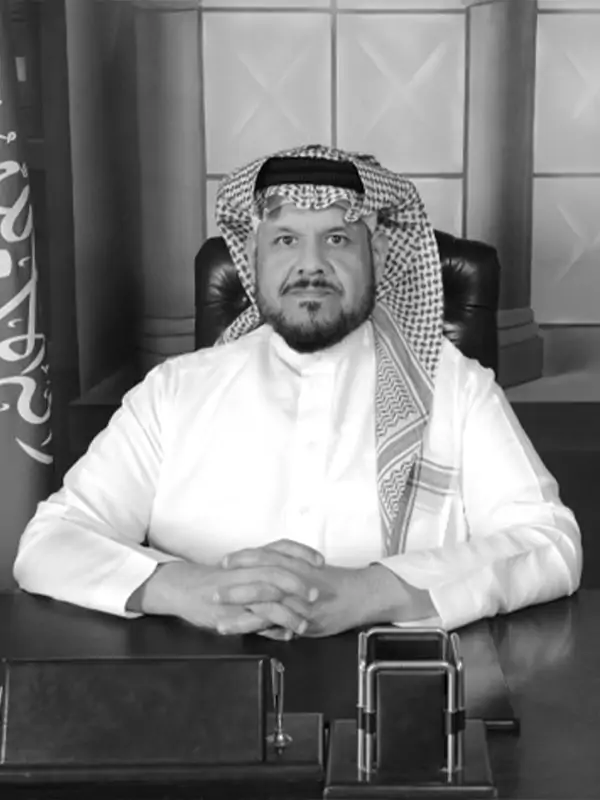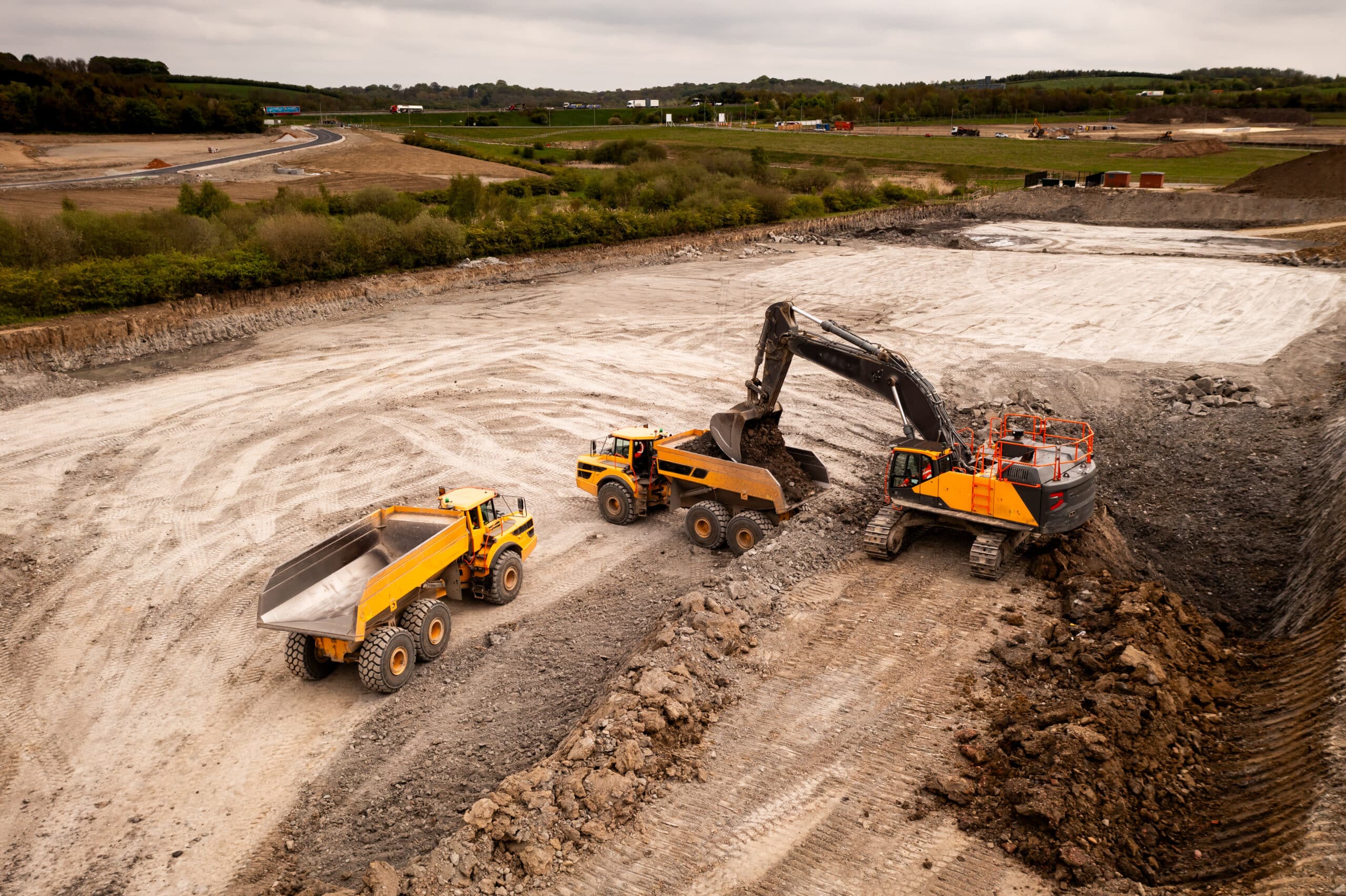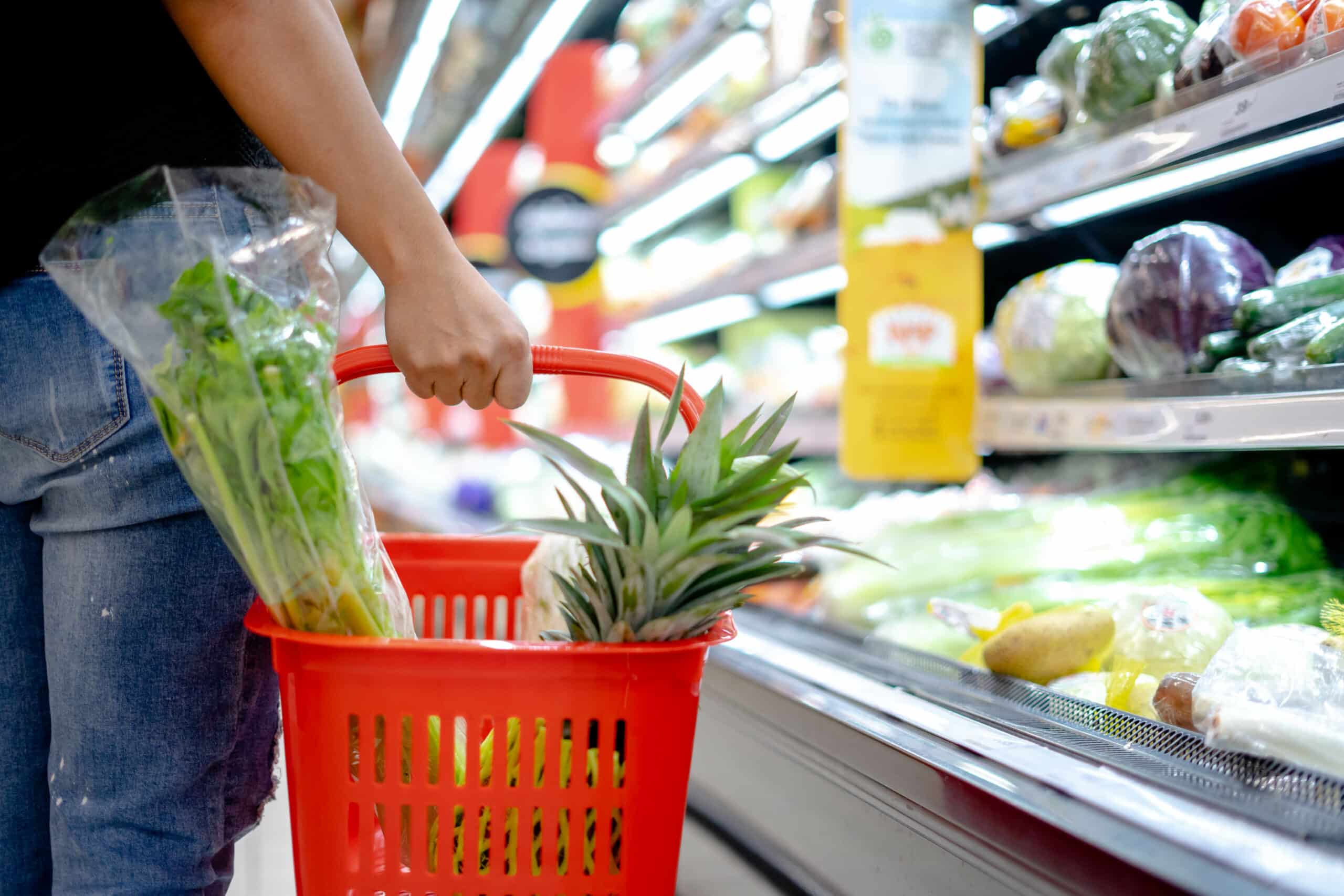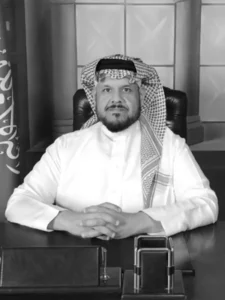Under the Saudi Arabia 2030 Vision, the Kingdom aims to transform the economy using local investment power to create a more diverse and sustainable future, while also using the strategic position of the Kingdom to build a role as an integral driver of international trade.
Why is sustainable protein production a challenge in Saudi Arabia?
Feed and water are major constraints to livestock production within Saudi Arabia. For example, chicken meat production costs in Saudi Arabia are often high and uncompetitive due to the cost of controlling temperatures in chicken houses in extremely hot weather conditions, as well as a heavy reliance on expensive imported feed, vaccines, and equipment.
Demand for animal products is increasing in the Arab region, driven by the growing population with different degrees of increased urbanization and wealth. On the supply side, local livestock production is based on rainfed mixed and pastoral livestock systems, making it vulnerable to the effects of climate change and water scarcity. Livestock is an important traditional activity within the country.
Saudi Arabia has a well established and efficient dairy sector, with the largest dairy producer in the country, Almarai, producing an estimated 1.35-1.45 billion litres of fresh milk in the Saudi Arabian desert every year. However, the downside of this developed sector is that all feed must be imported, some from the other side of the world. Developing home-grown feed is crucial to improving the sustainability of livestock and sustainable protein production within Saudi Arabia.
Saudi Arabia Vision 2030 and other emerging solutions to sustainable agriculture
Improved management practices and technological advancements within farming in Saudi Arabia are helping to drive the creation of a more sustainable domestic food supply in the Kingdom. Learning from its mistakes in the 1980s, the Saudi government has targeted its subsidies and projects focused on more efficient crops and projects, like sustainable fish farming
Aquaculture in Saudi Arabia & Saudi Vision 2030
Aquaculture is a focal point of Saudi Arabia’s Vision 2030 program, and the Government aims to increase seafood production from 77,000 to 600,000 metric tons by 2030. This endeavour, with a projected investment of $3.5 billion, will involve government ministries, private and institutional investors, and entrepreneurs, along with leading academic institutions. Projects include building a seafood processing plant for high-end fish and marine finfish cages in the Red Sea, in addition to several other initiatives focused on land farming fish.
The Kingdom’s flagship megacity project, Neom, will also include the construction of the region’s largest fish farm. The hatchery will have a capacity of 70 million fingerlings and will focus on improving the production of local fish species in the Red Sea.
Saudi Arabia is making progress in the development of sustainable aquaculture, for example, a shrimp farm operated by the country’s National Aquaculture Group (Naqua) is the first in the Middle East and North Africa (MENA) region to receive Aquaculture Stewardship Council (ASC) shrimp certification.
Rethinking protein
In a region challenged by arid climatic conditions, with limited fertile agricultural land and water resources, bringing in technology to meet food security needs is key. Local resources can be used to produce proteins without putting excess stress on existing ecosystems.
Modern technology can use methane to produce protein by bacterial fermentation. In 2019 Danish company Unibio and local partner Edhafat signed an MOU with SAGIA. This will lead to the construction of a protein production plant in Saudi Arabia. The protein produced will be used locally as animal and fish feed and will also be exported to help towards Saudi Arabia’s goal of increased aquaculture and milk production.
Emerging markets providing alternative sources of sustainable protein
There may also be potential in alternative proteins. The Saudi Arabia plant protein market is forecast to rise to US$71.202 million by 2025. Although the vegan diet is a new phenomenon in Saudi Arabia and remains a niche market, there are opportunities to enter this nascent market. Funding for innovative food companies is available through initiatives such as KBW Ventures, a prominent Saudi Arabia-based venture capital fund led by Prince Khaled bin Alwaleed bin Talal Al Saud.
Conclusion
Rising food prices, global geopolitics and environmental pressures are increasing the urgency of sustainable protein production systems for Saudi Arabia. Policies encouraging private investors alongside institutions and government will provide many opportunities. Despite geographical and climatic challenges, Saudi Arabia is making progress toward its goals of increased self-sufficiency and sustainability in protein production.
Championing Saudi agribusinesses
Addressing the growing demand for protein amidst environmental and economic challenges necessitates strategic interventions across the agrifood industry. At Farrelly Mitchell, our consultants support public and private industry stakeholders in adapting to emerging food trends and capitalising on them. With a deep knowledge of the food ingredients & alternative proteins industry, we can support market entry & development and product development while ensuing adherence to sustainability and esg regulations and traceability & transparency demands.
Our services are designed to help clients improve resource efficiency, enhance nutritional quality, and innovate within their supply chains, all while remaining compliant with regulations and consumer demands. By leveraging our insights in agri-food technologies and our commitment to promoting sustainable agricultural practices, we empower businesses to not only meet the increasing protein demand but to do so in a manner that aligns with global sustainability goals. Contact us today and take the first step towards a resilient, protein-secure future.














